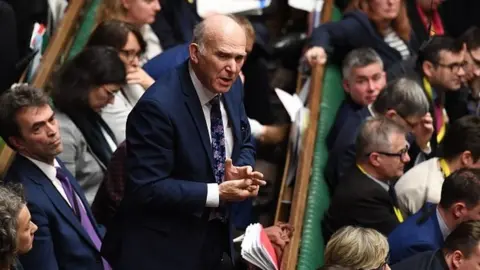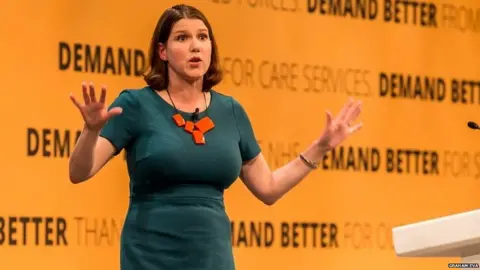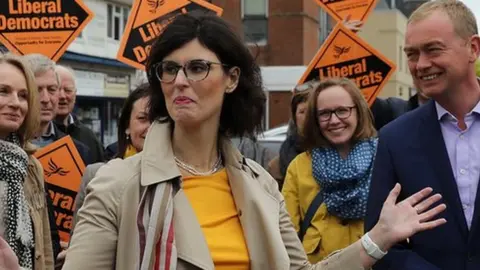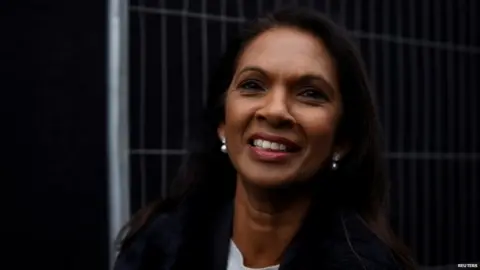What next for the Liberal Democrats?
 PA
PASir Vince Cable has announced he will step down as leader of the Liberal Democrats in May, saying it has been a "privilege" to lead the party at a "crucial time".
What now for the Lib Dems?
Sir Vince's 22-month tenure has seen the party languish in the opinion polls and struggle to capitalise on its anti-Brexit stance.
But with the UK's departure from the EU "postponed, and very possibly stopped", as Sir Vince put it, retirement beckons for the party's 75-year-old leader.
While he spends his time writing novels, having dancing lessons and seeing more of his family, the Lib Dems are beginning to think about what lies ahead.
What state is the party in?
After a period in coalition government with the Conservatives, the Liberal Democrats suffered badly in the 2015 general election, losing 49 of their 57 MPs.
They now sit alongside the Independent Group (Tig) as the joint-fourth largest grouping in the House of Commons, with 11 MPs.
But while the breakaway group of ex-Conservative and Labour MPs has the benefit of being a new entity attracting considerable attention, the Liberal Democrats have struggled to make headway in the opinion polls and both the Lib Dems and Tig have dismissed talk of any kind of merger.
The Lib Dems claim their membership has more than doubled since 2014, to about 99,000, but they're attempting to broaden their appeal with a registered supporters' scheme.
The party has also struggled to reach double figures in opinion polls even at a time when the two main parties have suffered with splits and controversies.
Who could be the next leader?
 Graham Eva
Graham Eva Getty Images
Getty ImagesAlthough a leadership contest will not officially begin until after the English local elections in May, possible contenders are already emerging.
Leading candidates include the current deputy leader Jo Swinson, relative newcomer Layla Moran and former environment secretary Ed Davey.
One senior party figure said "a good contest" was important to allow a candidate to emerge who could "move the party forward, lead and inspire people to join".
Sir Vince acknowledged the Lib Dems had been punished for their time in coalition with the Conservatives, and party members will consider how closely any potential new leader would be associated with that period.
How will the contest work?
 Reuters
ReutersAt their spring conference in York this weekend, party members will vote on changes to rules which would allow registered supporters to have a say in a future leadership contest.
This would mean far more people would be eligible to vote, in a similar way to Labour's last leadership contest which saw 180,000 registered supporters participate.
The overhaul could also allow non-MPs to stand for the party leadership, although the anti-Brexit campaigner Gina Miller, who had been seen as a possible candidate, has ruled herself out.
Can the party survive?
"We will survive" - the short answer Sir Vince Cable gave when asked in September if the party needed to change fundamentally to remain in existence.
But to regain a place in the mainstream of British politics, the Lib Dems must do more than survive, they must flourish.
There is clear untapped potential to win support from people opposed to Brexit and turned off by the two main parties and their internal struggles.
One test will be May's local elections, and if a general election comes sooner than scheduled in 2022, the party will have for the first time a clear verdict from voters on Vince Cable's time in charge.
Whoever leads the party next will be starting from a relatively low base and renewing the party's appeal will be at once an opportunity and a daunting task.
